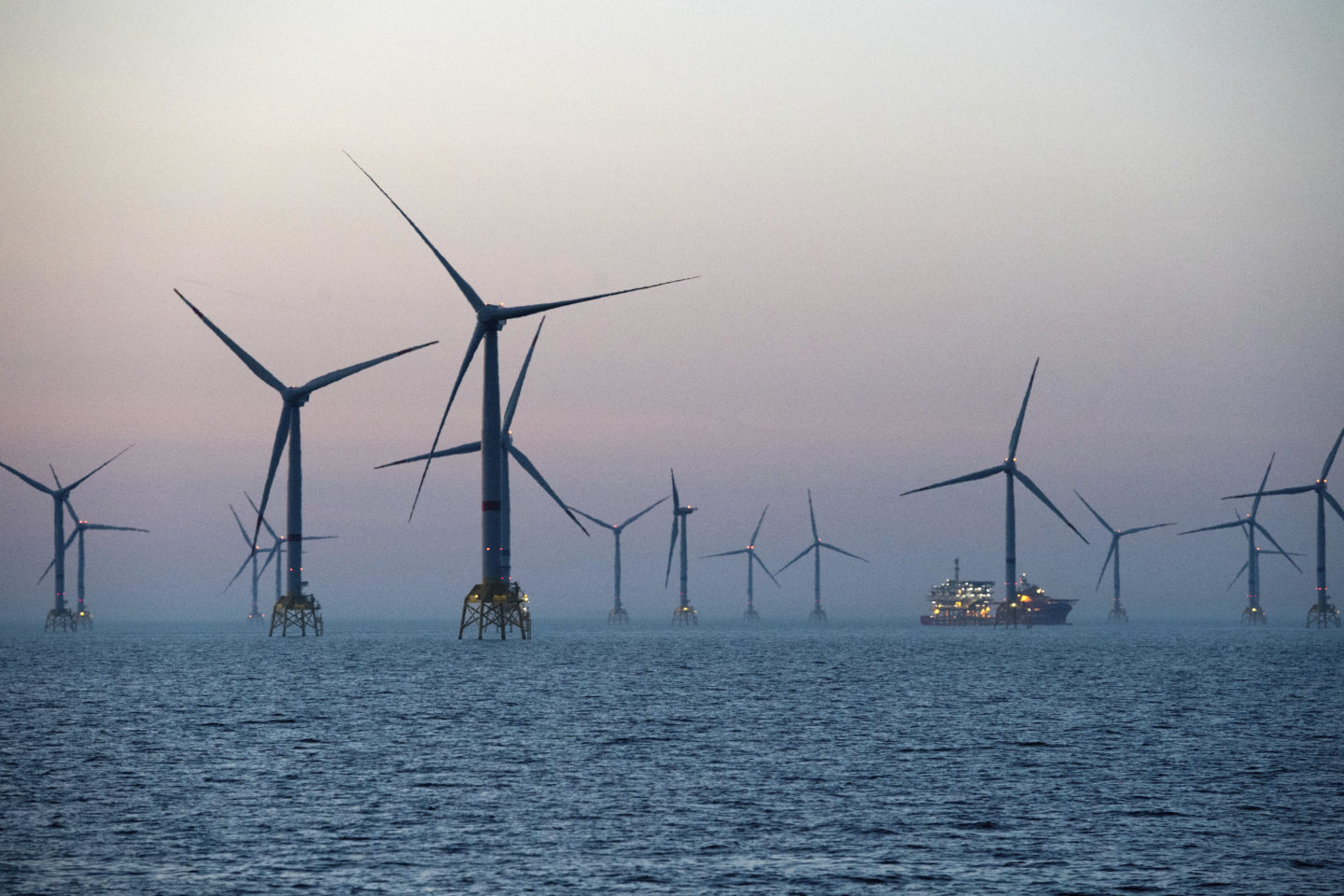Sustainable Resource Engineering
Sustainable Resource Engineering identifies new approaches for developing the built and natural environments to achieve an urban metabolism that minimizes the use of new resources and energy and the creation of waste and pollution. This field of study ranges from optimization of lifeline networks to developing more effective strategies for harnessing energy to inventing technologies for engineering of the infrastructure and the environment that minimize the use of materials. Therefore, sustainability is not only a challenge but also an opportunity to be addressed for the next generations of civil engineers, to promote economic growth without shortchanging the future.

As a student of civil engineering at Northeastern University who wants to focus on sustainable resources engineering, you will be prepared to think outside the box and will interact with a multidisciplinary group of our faculty who are leaders in the worldwide Cities of the Future initiative, including:
- Sustainable Network Systems, combining departmental research on lifeline and network engineering with research at the university such as in the Center for Complex Network Research out of the College of Science;
- Energy and Green Engineering, combining research on construction management, wind energy, reusable structural systems after natural or manmade hazards, optimal use of materials in structures; and
- Studying the water-energy nexus, with ongoing research in the School of Architecture within the College of Arts, Media and Design and the School of Public Policy and Urban Affairs along with the program in Law and Public Policy within the College of Social Science and the Humanities.